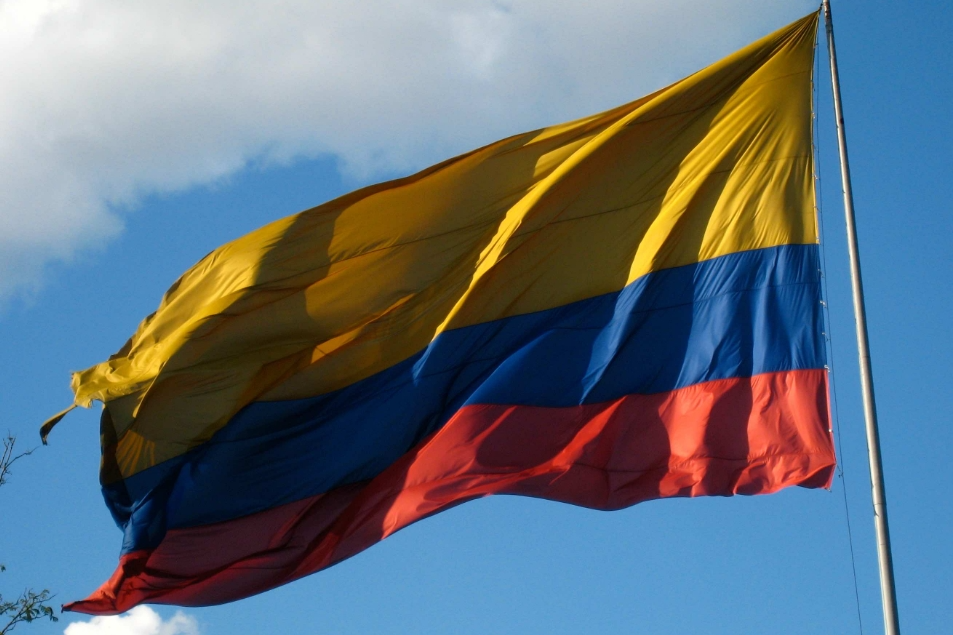Study proves orcas kill great white sharks

The debate over which is the true ocean apex predator has finally been put to bed, after scientists released the first-ever video study of orcas hunting and killing great white sharks off the coast of South Africa.
Marine biologists and seafarers have long suspected that orcas feast on great whites, mostly due to unconfirmed eye-witness accounts and some instances of partially-eaten carcasses washing ashore.
This week scientists from Rhodes and Stellenbosch universities in South Africa released extended drone and helicopter footage captured during the summer that provides irrefutable proof that killer whales use their famed pack hunting skills to prey on the largest shark species.
"This behavior has never been witnessed in detail before, and certainly never from the air," said Alison Towner, a shark biologist from Rhodes, and lead author of the paper, published in the journal Ecology.
The footage shows three orcas encircling and eventually disemboweling a great white shark. Study authors say at least three sharks were killed by the small pod during an hour-long hunt.
The power and ferocity of great whites gained legendary status with the release of the movie Jaws in 1975, though it perhaps should not come as a surprise that orcas are capable of taking down the imposing fish, which can grow up to 6 meters and weigh more than 2 tons.
Orcas have been recorded preying on other shark species and in 2019 footage emerged of a pod dispatching a healthy adult blue whale estimated to measure between 18 and 22 meters in length.
"Their group hunting methods make them incredibly effective predators," said Stellenbosch University marine mammal specialist Simon Elwen, who co-authored the study.
Weighing up to 9 tons and armed with a jaw full of large conical teeth, the orca's impressive anatomy aids in combat against dangerous and oversized adversaries. But it is intelligence and cooperative behavior that gives the species its real edge over the competition.
Orcas have been observed employing a series of sophisticated and often coordinated hunting techniques. They will use air from their blowholes to snare confused schools of fish inside so-called bubble nets, and will swim in unison to create waves that knock seals from ice floes.
The so-called karate chop is a favored technique in shark hunting, whereby the whale will inflict powerful tail strikes to the head of the fish. Orcas then flip the shark onto its back, which triggers a stupor known as tonic immobility, rendering the prey inactive and defenseless.
Orcas in different regions show preference for different prey animals, suggesting that some hunting techniques are learned behaviors passed down through the generations. Some orca communities prefer feeding on schools of salmon and herring, whereas others might mainly target seals.
The study authors focused their drone surveys on Mossel Bay, South Africa, where pods have gained a reputation as shark killers. Two orcas known locally as Starboard and Port were associated with a sevengill shark killing in 2015, and the pair was observed killing a copper shark in 2019.
Starboard was among the whales that killed the great white in the recorded footage, and was pictured feasting on the shark's liver, which is the most prized spoil of the hunt among orcas.



































